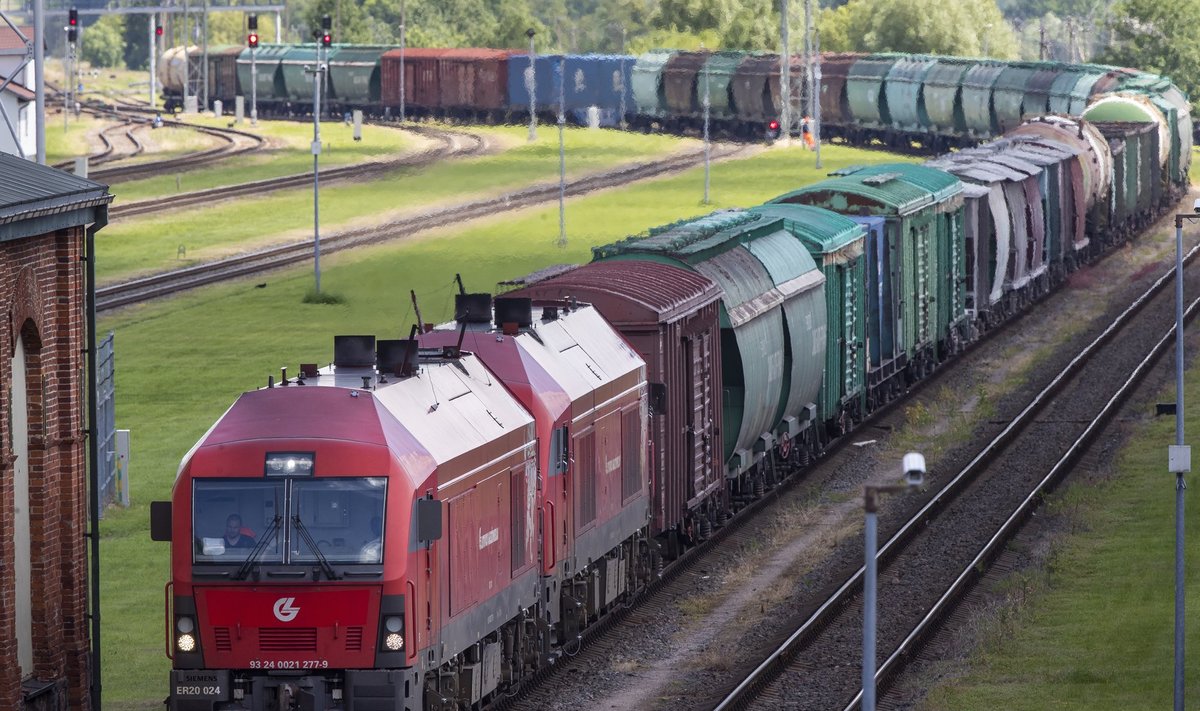"At the beginning of December, this list (of sanctioned goods – BNS) will become longer, and I guess that around 15 percent of goods that go from mainland Russia to Kaliningrad will be affected by the sanctions because the remaining part of goods are under no sanctions, no limitations whatsoever," Simonyte said in an interview with Reuters NEXT on Thursday.
The ban on Russian oil and its products going through Lithuania to Kaliningrad will come into force on December 5 or February 5, 2023, depending on the specific commodity code.
Under the EU's previously-adopted sanction package, Russian steel and other ferrous metal products have been banned from transiting through the EU since June 17. Also, a separate ban on the transit of cement, alcohol, wood, glass, glass, aluminum, paper products, gypsum, ship parts, came into force on July 10, and a ban on coal and other solid fossil fuels came into force on August 10.
On July 13, the European Commission allowed Russia to transport sanctioned goods to and from Kaliningrad via Lithuania only for the needs of this exclave and only by rail, but the volumes must be in line with the average of goods taken by rail over the last three years.
